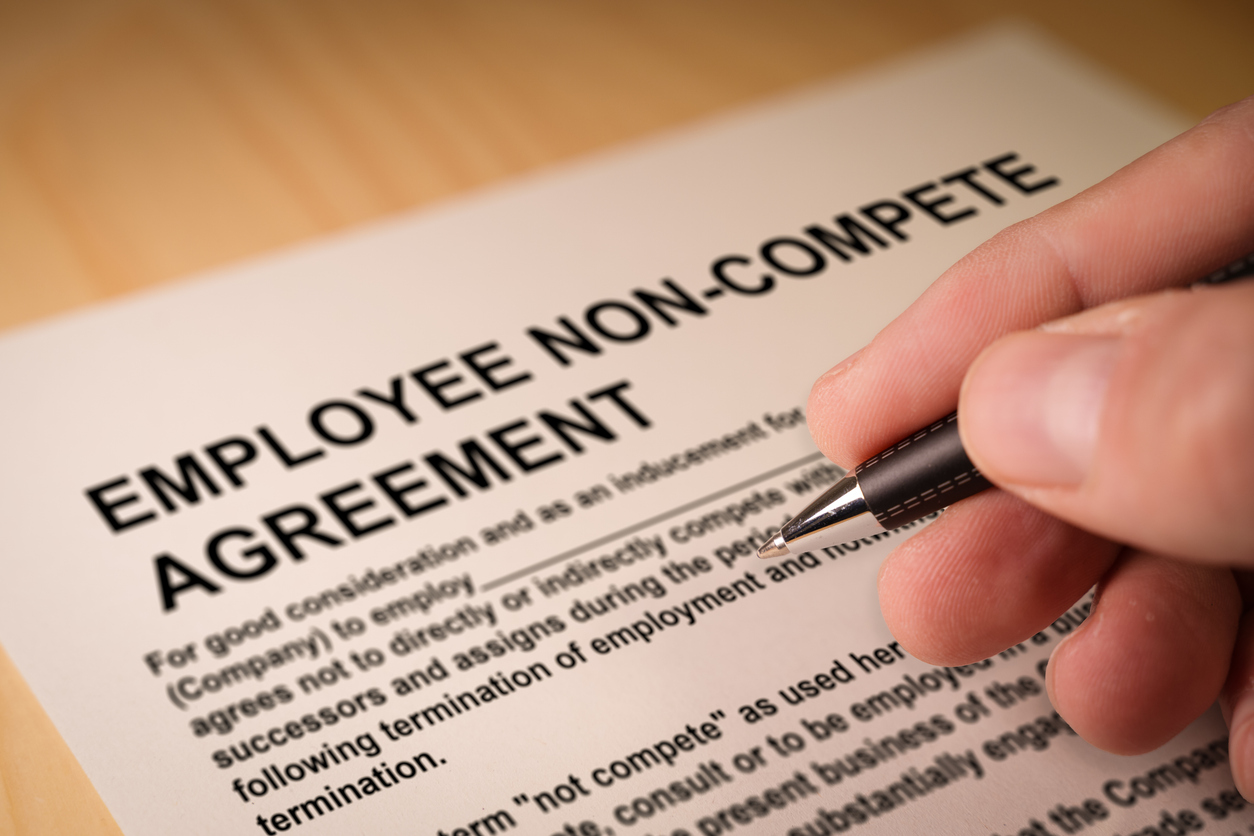Restaurant proprietor and fellow blogger, Bruce Buschel, wanted to open a fantastic restaurant. Inspired by charming European restaurants, Buschel opened a Hamptons restaurant that served locally grown or raised food — wine from New York and seafood from Peconic Bay. Just last fall, Southfork Kitchen opened its doors to rave reviews. With a fresh menu that featured the local ingredients expertly prepared by a talented and recognized chef, Southfork Kitchen was getting a lot of great press. But the restaurant was in the news most recently because of a fire loss. Southfork Kitchen is temporary closed and Buschel has described the damage and his claim experience on his blog.
Not very often do we hear an insured tell his story in this format. Buschel’s blog posts are very well written.
The June 10, 2011, post about the fire is a must read, but here is a taste of Buschel describing the value of hiring an experienced public adjuster to help him with his claim:
After the Fire: Do Not Touch Anything
“I have three rules. Don’t walk into a courtroom without a lawyer. Don’t go on a date without Viagra. And never settle an insurance case without Littman.”
That’s Danny Lembo talking. As usual, he has a drink in his hand, a blonde on his arm and a story on his lips: cold, hot and hyperbolic. He’s an old friend who called himself Mr. Connected on “Survivor: Nicaragua” last year, but the guys call him Too Tan Dan. His biceps are the size and color of tawny lap dogs, and they receive just as much attention, exercise and health-enhancing treats. By profession, Too Tan Dan is a property builder and manager; by avocation, he is a fixer. He knows people. He knows people who know people. He knows Littman.
Jeffrey Littman wears a pinkie ring and speaks softly, politely, incessantly. He’s been a public adjuster for 32 years, which means he advocates for policyholders, appraises damage, assesses coverage and negotiates settlements with insurance companies. His son is a lawyer, by the way, who defends insurance companies. I wouldn’t wish those kinds of Oedipal issues on anyone. (Except maybe Laius.)
“Lembo says you’re a friend, so I will give you my lowest rate, and you know I will do good by you,” says Mr. Littman. “‘Cause if I don’t, Lembo will have my head.” I trust Mr. Littman, too, is prone to hyperbole.
First thing, he says, touch nothing. Leave everything smelly, sooty and living proof that we need a special task force to clean every fork and light fixture and square inch of wall…
Mr. Littman also needs the cost of the building, the cost of the contents of the building, a copy of the deed, all insurance policies, rental agreements, reservations, payroll, a list of every opened bottle, all product thrown out that night, since that night, and before we can reopen. When can we reopen? Who knows? The fire investigators need time, the insurance companies need time, the cleaners need time, city hall needs permits, the board of health needs to inspect, and the staff needs retraining and probably restocking; surely, some good people will find other work during this unplanned summer hiatus. Then we have to let the public know we have reopened.
With no track record, no archives to present to the insurance people, there will be a fair amount of dickering about the moneys lost. The chef, sous chefs and managers are gathering all the pertinent information. It is not their favorite activity.
…
The next day, Thursday, seven people converged on the restaurant at 10 a.m. They handed me business cards and commenced firing questions — about money and staff and guests and firefighters and mortgages and partners and family. I finally ask these men if they are actually divorce lawyers who made a wrong turn back on Montauk Highway. What the heck is going on?
They are, in point of fact, fire investigators, cleaning experts and general contractors. They need to know everything. In duplicate. The restaurant business has one insurance company (Scottsdale) and the property has another (National Specialty). Mr. Littman says the two companies could end up in a turf war: was it a kitchen fire or damage to property? No matter now. The reps pop questions and scribble in their books or type into their laptops and reveal neither pleasure nor displeasure to any response. This could be a poker game. Mr. Littman hovers over every conversation, adding his 2 cents or removing mine. There is no bluffing.
Meanwhile, two guys not taking part in the inquisition snoop around the restaurant with cameras and tape recorders. Eventually, they invite me to sit down in a booth. They are in their late 20s or early 30s. Nice guys. There’s no telling which one has rank. They come at me willy-nilly.
Willy: “What time did you first become aware of the fire?”
Buschel: “Around 7 o’clock, Saturday night.”
Nilly: “How did you become aware?”
Buschel: “The chef called me into the kitchen to show me the smoke.”
Nilly: “What is your relationship with the chef?”
Buschel: “I’m not sure I understand the question.”
Willy: “Do you two get along?”
Buschel: “We get along fine.”
Willy: “Do you owe him money?”
Buschel: “No.”
Nilly: “Is he a partner or an employee?”
Buschel: “Wait a minute. You think the chef started the fire?”
Willy: “He isn’t here today, is he?”
Buschel: “Are you guys from CSI Bridgehampton?”
Willy: “Sorry. We have to ask these questions.”
Buschel: “Why?”
Nilly: “We are investigating a fire.”
In his Thursday post, Buschel, tells readers what he wishes he would have know before the fire.
Five Things I Wish I Had Known Before the Fire
The question I now hear most often is: Do you have insurance? More experienced folks ask: Do you have business-interruption insurance? That is, recoupment of operating expenditures or lost revenues, maybe even payroll during this unplanned hiatus. The answer is that I am not quite sure; nothing about insurance is sure — not the amount or the timing or the results of investigations or who is suing whom. Every claim is contested; every cost is subrogated. You never know how good your insurance is until you try to cash in your chips.
There are three general areas that my insurance should cover: rebuilding that which was damaged, replacing lost inventory and business interruption. It could take one month or six to collect any money. The policy could pay in full or not. If the outcome is infelicitous, lawsuits could follow. The whole mess could get even messier, and I still have much to learn, all of which I would rather not be learning. This is the wisdom the serpent promised.
In the meantime, here are five things I think I know about insurance.
1. Honesty Is Best for the Policy
When in the course of insurance events, you are asked to estimate the value of your property, the contents therein, and the projected revenue, be honest. Not too high, not too low. Walk the middle path. Positive projections will cost you more each month in premiums, but negativism will catch up with you when calamity strikes. For $1,000 a month, I carry two insurance policies: one for the restaurant business and one for the property upon which it sits. I was guessing at some of the numbers when I signed up, for they preceded the actual opening. If you say all the plates are worth a mere hundred bucks, the premium will be lower, but you will collect less when all the plates break in an earthquake; more than likely, if the insurance investigator thinks you low-balled the value, he will deduct that much from the eventual payout. In his eyes, you were cheating the insurance with each premium, so they are entitled to collect that before paying out.
2. Coping With Copious Records
You think you’re compulsive? Find someone more compulsive, and put that person in charge of keeping records. This person will drive you crazy until money is missing or a delivery is questioned or invoices are misplaced. Then the handiwork will restore sanity, for he or she will have kept records of every napkin, every fish head, every inspection, every warranty, every spec sheet, every beer keg, every reservation, every e-mail, every hour logged by every employee. You cannot possess too many records. Or backups of those records. Computers fail. Files disappear. Restaurants burn.
3. Preparation for Reparations
Pretend you are located near a nuclear power plant and a tsunami is brewing off the coast. Your employee manual should outline the responsibilities of every person on site in case of any emergency: escape routes, gathering places, location of fire extinguishers, contacts for the alarm company and police department. Like kids in elementary school, you and your employees should have practice drills. What do you want your servers to say to guests? Who grabs the money? Who saves the records? Insurance companies want to know what preparations were taken before the emergency occurred.
4. Brokers Will Help You Go Broke
When Jeffrey Littman, mild-mannered public adjuster, reads over my policies and says, “I am not an insurance broker, but I wouldn’t have written it this way,” you know you have just lost money. You ought to consult an adjuster before you sign your insurance policy, not after the ruinous incident occurs. Then it’s too late. Adjusters know how these battles are fought and won. They live in the trenches. They are not concerned with selling insurance, they negotiate with insurance companies and collect money. They know which companies pay swiftly and which companies dawdle.
5. Only You Can Prevent Kitchen Fires
A lesson that has been smoldering for two years finally ignited along with the fire: I am responsible for this restaurant. Not the chef, not the town planning board, not the fire marshal, not the carpenters, not Jesus. Me. I am responsible for the freshness of the fish and the currency of the Web site and the selection of affordable wines. Not managers or attorneys or reviewers or some guidebook to a successful restaurant. Me.
The claim for Southfork Kitchen has not yet been resolved by the insurance company but, with Buschel’s post reaching readers all across the county, hopefully the claim will be resolved quickly and fairly so that Buschel can return his focus to the fabulous meals served at Southfork Kitchen.



